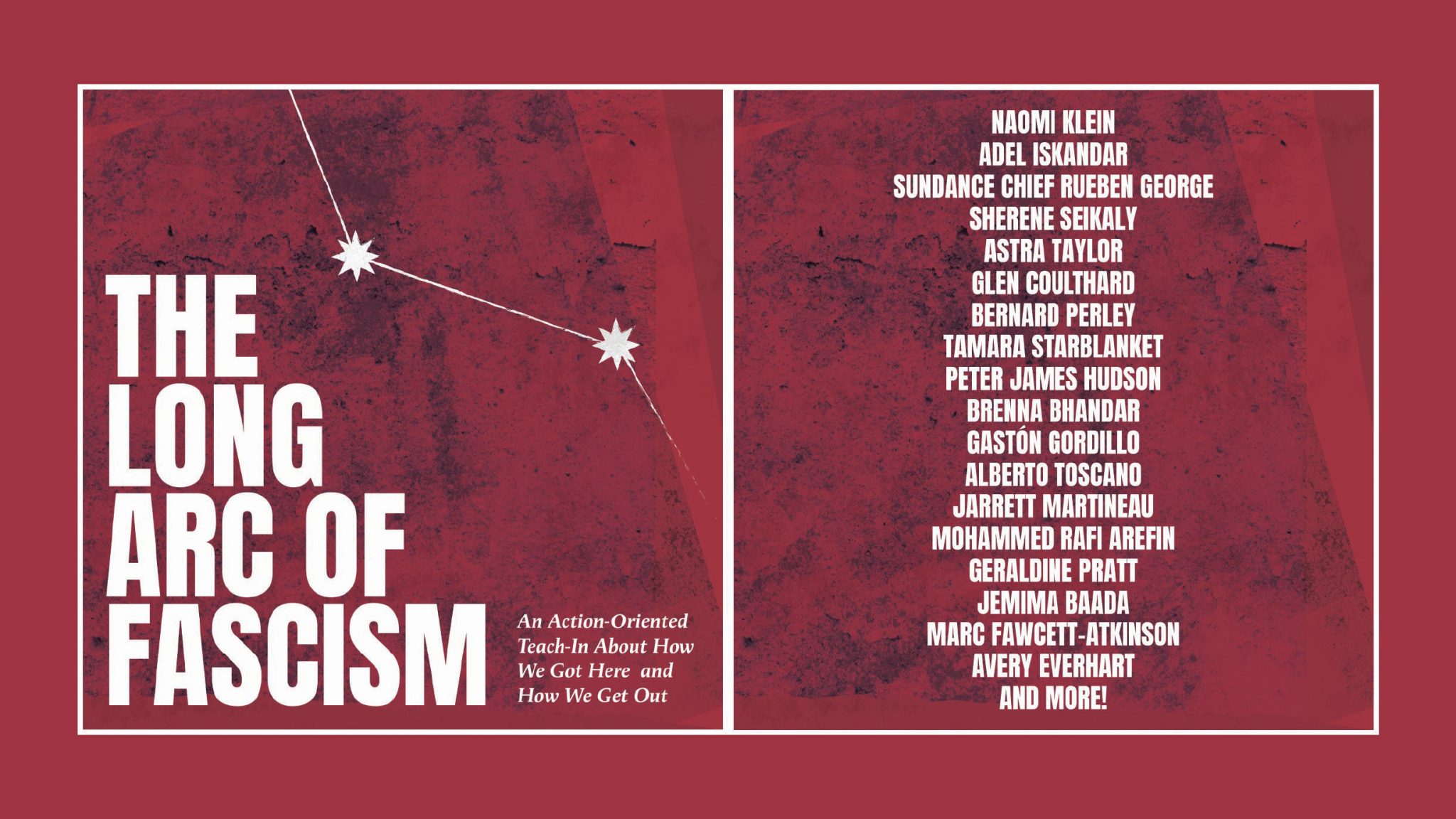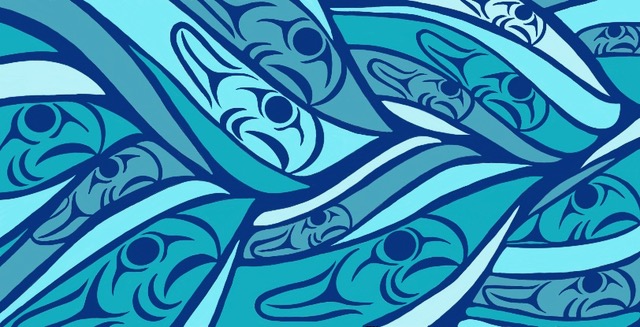The Institute for Gender, Race, Sexuality, and Social Justice Noted Scholars Series presents
Crip Theory & Debility in the work of
Y-Dang Troeung
Panelists:
Dr. Jasbir Puar, Dr. Michelle Stack, and Dr. Anamaria Richardson
WHEN & WHERE
Wednesday, March 27, 12:00-1:00pm
Buchanan Tower 225 / Zoom
Please RSVP below in advance
A sandwich lunch will be served at 1:00pm.
ABSTRACT
In her multi-award winning book, Refugee Lifeworlds: The Afterlife of the Cold War in Cambodia, Y-Dang Troeung traced a crip-Cambodian refugee archive to reveal how refugee narratives were “saturated by tropes of pain, suffering, loss, illness, speechlessness, silence, muteness, deafness, blindness, prosthesis, and many other modalities of impairment.” In her posthumously published family memoir, Landbridge [life in fragments], Troeung returned to the crossings of debility and refugee personhood through her own family history, telling stories about her parents and two brothers who lived through the Cambodian genocide, about her own childhood in refugee camps and rural Ontario, and eventually about her young son’s illness and her own diagnosis with a terminal disease. In these and many other works, Troeung explored Cambodian refugee narratives of aphasia, madness, silencing, sickness, forgetting, and asylum, to reveal how war, genocide, and bombing continue to result in forms of death and debilitation that remain illegible to contemporary discourses of disability, accommodation, and “care.”
This roundtable will explore the significant yet understated impact of Y-Dang Troeung’s work within crip theory and critical disability studies, and will feature scholars whom she deeply admired. How does Troeung allow us to re-read narratives of refugee trauma, gratitude, and success, within a crip theoretical lens? How do her expressions of refugee knowledge grasp ways of living within death and debilitation, and offer new ways of knowing, being, and surviving in a system of genocidal violence and its afterlife?
ABOUT THE PANEL
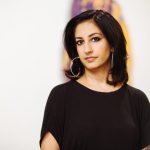

Jasbir K. Puar is the author of the award-winning books The Right to Maim: Debility, Capacity, Disability (2017), which has been translated into Spanish and Portuguese, and Terrorist Assemblages: Homonationalism in Queer Times (2007), available in French and Spanish, re-issued as an expanded version for its 10th anniversary (2017), and forthcoming in Greek and Portuguese. Her articles have been published in journals such as Social Text and South Atlantic Quarterly, mainstream venues such as Al-Jazeera and The Guardian, and translated into more than 15 languages.
Puar is also co-author of exhibitions for the Sharjah Architecture Triennial (2019) and the Sharjah Art Biennial (2023). She is the recipient of the 2019 Kessler Award from the Center for Gay and Lesbian Studies (CLAGS) at CUNY, which recognizes lifetime achievement in and impact on queer research and organizing.
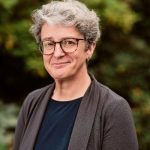

Michelle Stack, Ph.D., is the Academic Director of the Learning Exchange for the University of British Columbia and an associate professor in the Department of Educational Studies. Her central research interest concerns how people, knowledge and institutions are categorized and the influence of these categorizations on our ability to grapple with inequity, particularly ableism and racism. Her current work focuses on cooperative colleges and universities as an alternative to the higher education as a consumer good.
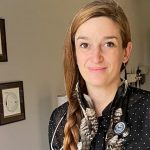

Dr. Anamaria Richardson is a community-based pediatrician who has been welcomed by the autism community — she specialize in severe autism, especially those with intellectual impairment and self injury. Previously, she worked in complex care and in biochemical diseases — this has resulted in her interest in medical complexity as well. Her background includes being a teacher, so she understands the challenges experienced by kids navigating both systems — health and education. Recently she has also become a qualified specialist to do autism assessments. Her current interests and research is around advancing health outcomes and advocating for increased collaboration to support families and kids with severe autism. Finally, she also works within many Indigenous communities — both rural and urban — and is currently working on a project to create an Indigenous focused healthy living web based portal.
Accessibility
- This will be an in-person event in Buchanan Tower. A wheelchair accessible and single-user, gender-neutral washroom is located across from the room. Otherwise, gendered washrooms are located on alternate floors in the stairwell between floors.
- The room has a capacity of approximately 40 people and will have open windows.
Please include any additional access requests or questions in the RSVP form above.
